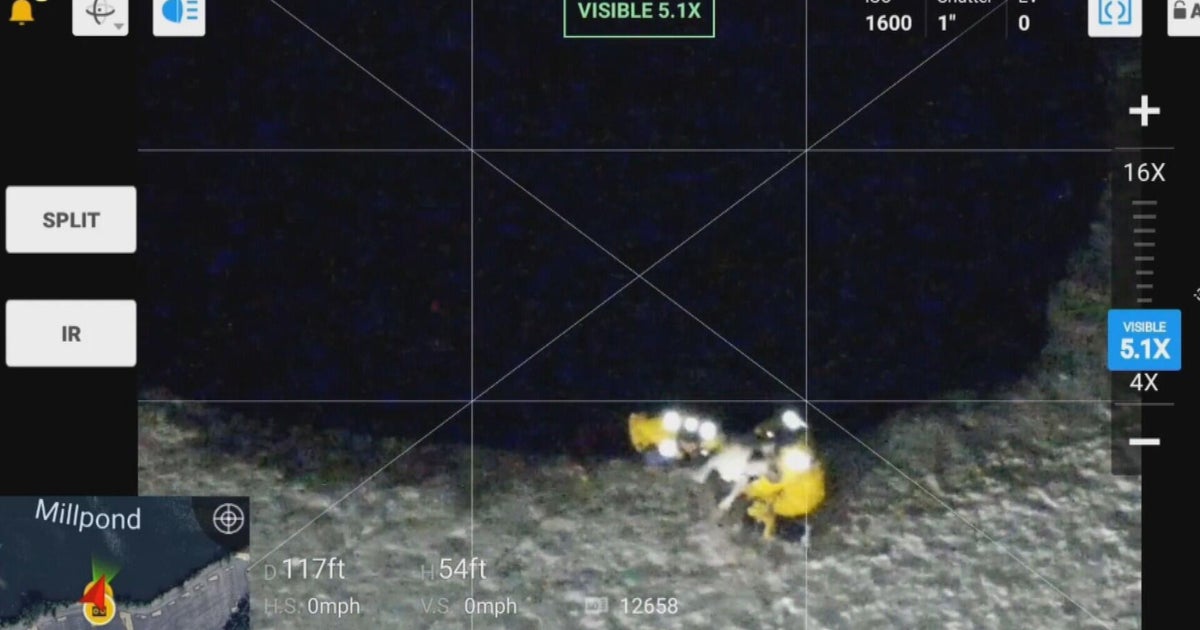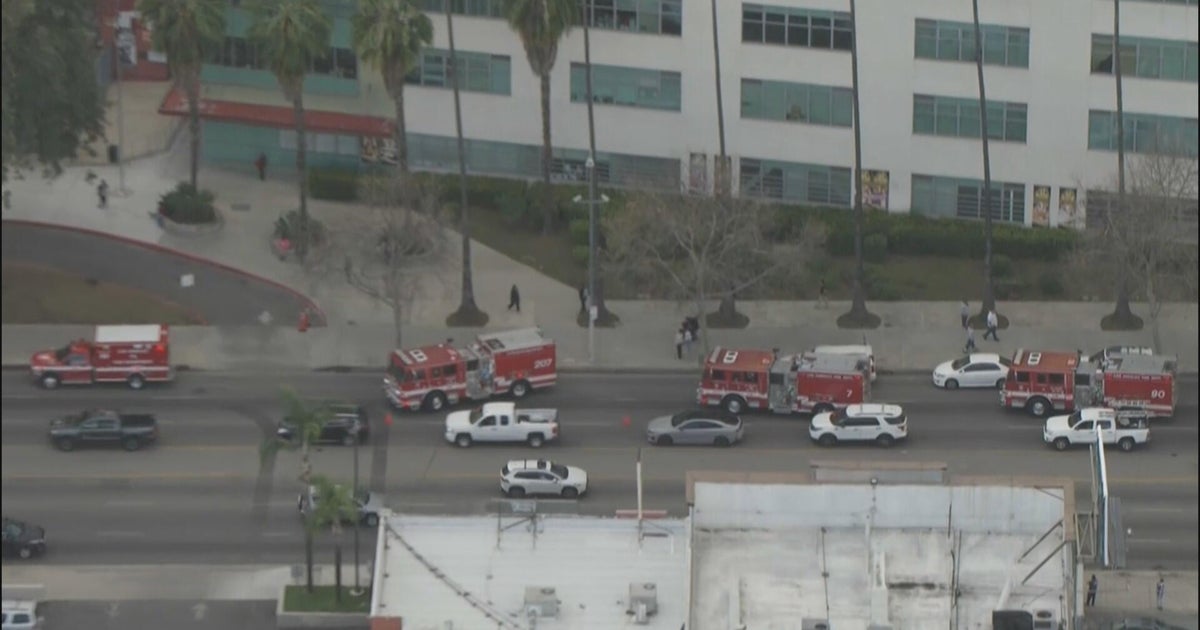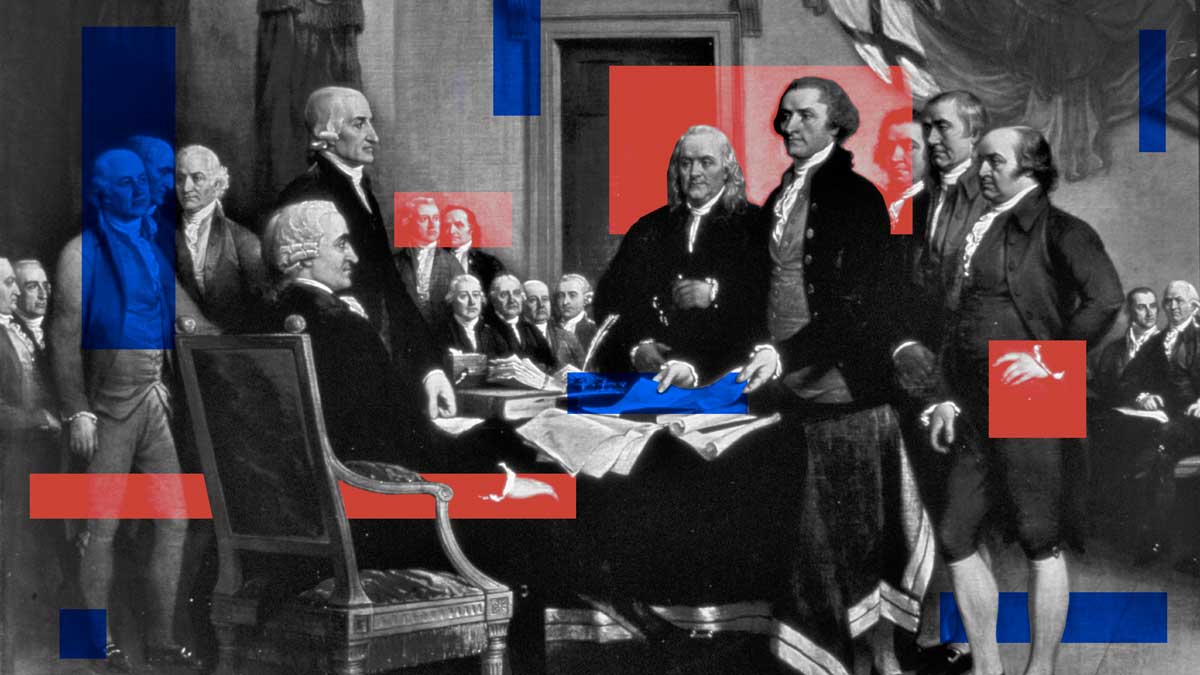"America's oldest candy company" still uses recipes from 1800s
The American candy industry pitched a new idea for a holiday in 1916 called National Candy Day. While the name didn't stick, Americans' love for candy did.
An estimated $2.6 billion is spent on candy in the U.S. each Halloween, according to the National Retail Federation.
To take a deep dive into candy's rich, sweet history, CBS News' Dana Jacobson took a trip to Ye Olde Pepper Candy Companie in Salem, Massachusetts, dubbed "America's oldest candy company."
"October is our busiest month out of the whole year," co-owner Bob Burkinshaw told Jacobson.
Together with his daughter, Jackie Russell, the pair are third and fourth generation candy makers who still make the same sweet temptations as their company's founder.
Not only are the recipes the same — according to Burkinshaw, some of their equipment in the shop dates back to the 1800s, which is as far back as Ye Olde Pepper Candy Companie traces its roots.
"The history is very important. … That's where we came from, that's how our company started," he said.
They trace the company's founding to an Englishwoman named Mary Spencer, who arrived in the U.S. in 1806 after being shipwrecked.
"She was destitute. She landed in Salem, and her neighbors asked if there was anything they could do for her. And she said, 'If you could give me some sugar, I can make some candy, and I can start to support myself,'" Burkinshaw said.
After they donated a barrel of sugar, Burkinshaw said she began making her Gibraltars — believed to be the first candy commercially sold in the country.
In 1830, confectioner George Pepper bought the business.
"He decided that the Gibraltar… was sort of a feminine piece of candy," Burkinshaw said. "It was made in lemon and peppermint flavors."
Pepper's answer, according to Burkinshaw, was a "more mannish" candy made from black strap molasses called "The Blackjack."
Burkinshaw's grandfather bought the company from Pepper at the turn of the 20th century, and eventually his father moved production into the family basement.
"From like, four years old, all you could smell through the whole house was candy," he recalled.
Burkinshaw continued, "all the neighborhood kids used to come over… they'd all hang around the windows, looking for the samples to come out, which my father used to always, you know, pass out the window to them."
He said he started making candy himself at age 10.
Now, the shop's kitchen sits adjacent to the store's shop, allowing its sugary aroma to entice customers.
Burkinshaw now passes recipes to his son-in-law like his father and grandfather had done before, sharing the culinary secrets behind old-fashioned lemon drops and of course, Gibraltars, made the same way Mary Spencer did in 1806.
"There is definitely an easier way," Burkinshaw laughed. "This is not a business to be in if you're looking for an easy business."
And maintaining the company's history and tradition, he said, is what makes them "keep going."



